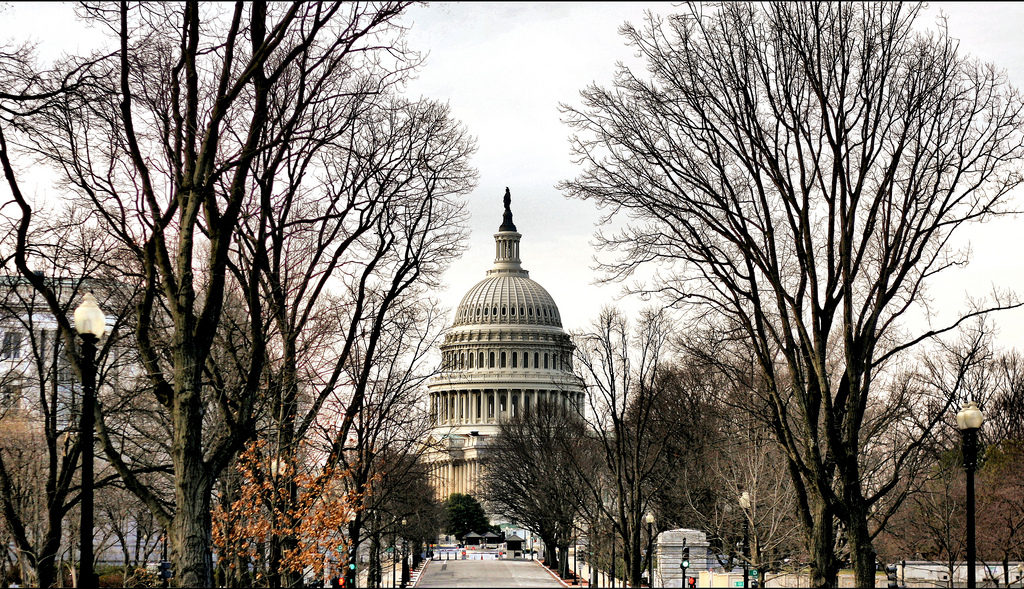In a 245-182 vote, the U.S. House of Representatives voted Tuesday afternoon to block President Donald Trump’s national emergency declaration to gather the funding necessary to construct the southern border wall. The rebuke comes just two weeks after the president announced that he would declare an emergency “for virtual invasion purposes – drugs, traffickers, and gangs.”
The 1,159-page bipartisan border security compromise to avert a partial government shutdown signed by Trump included just $1.375 billion for physical barriers, less than one quarter of the $5.7 billion he requested to build the U.S.-Mexico border wall. The deal stated that 55 miles worth of construction will begin in the Rio Grande Valley sector.
Moreover, billions in funding was included for other border security programs like inspection equipment for ports of entry, humanitarian aid for detained migrants, funds to buy aircraft and materiel support, and provisions to hire 600 more customs officers and additional immigration judges.
Highly disappointed with the deal and banking on building one of his top campaign promises, the commander in chief is seeking billions in funding from a federal asset forfeiture fund, the Defense Department’s anti-drug efforts, and subsequent military construction for the wall. He explained during his address in the Rose Garden at the White House that “critical actions” are needed to “confront a problem that we have right here at home.”
Regardless, House Democrats led by Speaker Nancy Pelosi (CA-14) have jumped to block Trump’s emergency declaration, calling it a “process [that] violates the Constitution.”
Although President Trump has called on GOP lawmakers not to side with Democrats on the matter, thirteen Republicans voted to pass the measure on Tuesday, according to a report from CNN.
As the resolution goes to the Senate, it will test Republican unity as a few moderate GOP senators have signaled they will vote with the liberal side of the aisle. Senate Majority Leader Mitch McConnell (R-KY) said Tuesday he expects the upper chamber to have a vote before the next Senate recess, which is the week of March 18.
McConnell added the Republican majority engaged in a “fulsome discussion” about the “legality and appropriateness” of the emergency declaration Tuesday afternoon. However, that does not quash the possibility the resolution passes through both chambers of Congress.
If four Republicans join the Democratic minority in the Senate to pass the measure, it will be sent to the Oval Office where it will inevitably spawn Trump’s first-ever veto.
If Trump vetos the House resolution, it is highly unlikely there will be a two-thirds majority in both houses of Congress to overturn the presidential action. Moreover, Minority Leader Kevin McCarthy (CA-23) has expressed confidence the GOP would deny votes in the House.

